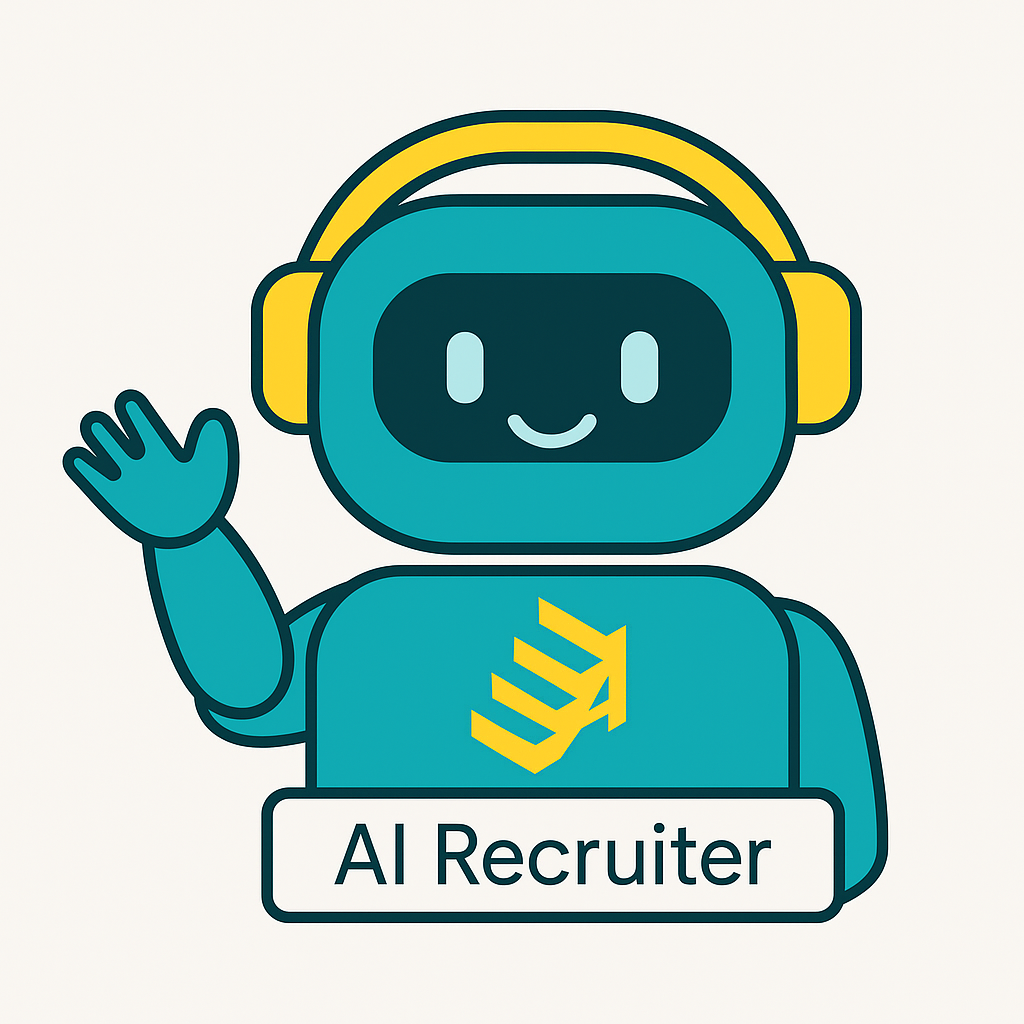AI Recruiting Tools - Believe the Buzz or Ignore the Hype?
“This is going to change everything for you! Your entire approach to recruiting, how much you spend on sourcing tools, and the time it takes to make a hire.”
The pitch was irresistible. The website was gorgeous, the interface intuitive, and the demo undeniably impressive. The AI interviewer could speak in multiple accents, the resume scoring looked like magic, and the pricing was so low it almost didn’t make sense.
And the salesperson? Confident, smooth, and convincing - not to mention a great recruiting background (I did a quick check on his LinkedIn profile - he knew recruiting). Then the feeling we all experience set in…. If we didn’t move quickly, our organization would be left behind while the rest of the industry races ahead.
But if there’s one lesson that recruiting technology history has taught us, it’s this: don’t believe the hype. Or should we? This is AI. It’s different this time.
The Seduction of AI Recruiting
AI tools for recruiting are marketed as the silver bullet: faster hiring, lower costs, and better-quality candidates. The glossy demos and bold claims make it feel like the future has arrived. For leaders stretched thin on time and resources, it’s an enticing promise. But behind the shine, the cracks quickly show.
When the contract is signed and the trial begins, reality sets in. “Base packages” often lack critical functionality, with add-ons and upgrades waiting just around the corner. Integrations prove clunky, hiring managers resist change, and the much-promised automation often requires more oversight than expected.
Why the Hype Persists
The hype around AI recruiting isn’t just about flashy marketing. It taps into real pressures:
- Talent shortages: Companies are desperate for any edge in sourcing.
- Budget scrutiny: AI vendors position themselves as cost savers.
- Fear of missing out: No one wants to be the leader who “missed the future.”
But like so many recruitment technologies before job boards, CRMs, and chatbots, the hype almost always overshoots the reality. But again, it’s different this time, right? This is AI.
A Story of Success… and Limits
To really illustrate this point, let me share a quick story.
A colleague found success using AI for high-volume call center roles at the top of the funnel: sorting resumes, screening candidates, and even conducting structured first interviews. The AI tool helped sort through a flood of resumes, identify strong candidates, and even conduct structured first-round interviews. Because those interviews followed a predictable cadence, the AI thrived. The result? Faster hires and better candidates at scale.
But when he tried applying the same system to a mid-level search, everything fell flat. The post-mortem revealed three critical lessons:
- Complex roles need nuance – AI struggled with layered, unpredictable conversations.
- Candidate perception matters – Mid to senior talent viewed AI interviews as impersonal.
- Networks still rule – Referrals and trusted connections outweigh AI screens.
The lesson is clear: strategic application matters more than the technology alone.
A Smarter Way to Evaluate AI Recruiting Tools
Not every organization can run a controlled study to test every shiny new platform. Still, here’s a simple three-step approach you can use before chasing the next “game-changing” product:
- Test wisely. Free trials aren’t truly free; they cost time and attention. Only invest in testing if you have the capacity to evaluate how the tool would function in your environment, not just in a demo.
- Educate yourself. Look beyond vendor marketing. Review case studies, independent research, and trusted articles that show real-world implementation, not just best-case scenarios.
- Expect the hype. Every new tool in recruiting history has been oversold. A healthy dose of skepticism is essential. Don’t let urgency or FOMO drive your decision.
The Bottom Line
AI recruiting technology has significant potential when implemented effectively. Resume parsing, matching, outreach, and video screening can all create efficiencies. But they are not magic wands, and they don’t replace skilled recruiters, judgment, or strategy. So, before you buy into promises that sound too good to be true, remember the words that still resonate decades later: don’t believe the hype.






